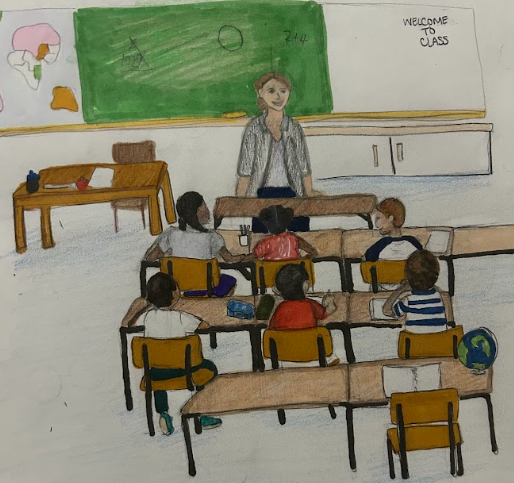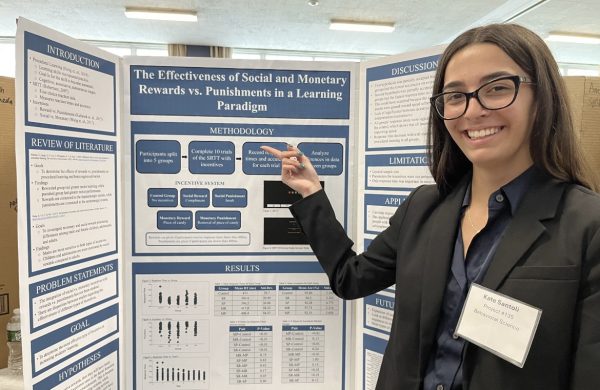The Devastating Earthquakes in Turkey and Syria
Devastating earthquakes have recently impacted the countries of Turkey and Syria. On February 6, residents of the two countries encountered the region’s most destructive earthquake since 1939. This earthquake, which had a magnitude of 7.8, killed approximately 46,000 people in the area. Another earthquake occurred about two weeks later, striking the same province that the previous earthquake had affected. At 6.4 magnitude, nearly 249 people were injured, and six lives were lost. Neighboring countries, such as Egypt, Israel, Jordan, and Lebanon, also sensed the earthquakes and ensuing aftershocks. Much of Turkey and Syria are now in ruins, as vulnerable buildings were demolished or severely damanged during the quakes.
What causes earthquakes?
The earth’s crust is divided into several lithospheric puzzle pieces known as tectonic plates. These plates float above the asthenosphere, a layer of scorching, semi-fluid molten rock. The movement of tectonic plates is volatile; traveling at various speeds, these plates are constantly converging, diverging, and drifting against each other. Occasionally, tectonic plates adhere to each other and build up pressure while in motion. The separation of plates after this motion releases immense amounts of energy, making the ground tremble rapidly. This powerful shaking wrecks environments by precipitating the collapse of weak structures. The Richter scale is the system in which the magnitude of earthquakes is measured, in a range of one through ten. A magnitude 10.0 quake would be the most violent; in reality, however, there is no boundary between plates substantial enough to produce an earthquake that extreme.
Is the region of Turkey and Syria prone to earthquakes?
Because these countries lie at the intersection of the African, Anatolian, and Arabian plates, the territory of Turkey and Syria endures many earthquakes. Indeed, Turkey experiences earthquakes yearly. Between 1990 and 2022, the country had suffered from nearly 60 reported quakes. In addition, it is the sixth-most susceptible country to earthquakes due to its location above two sizable faults: the East Anatolian fault line and the North Anatolian fault line. “Due to the frequency at which the news acknowledges earthquakes, people may have become jaded to these occurrences. However, victims of earthquakes, particularly the ones in Turkey and Syria, are in dire need of humanitarian aid,” said sophomore Charisse Cueto. “The destruction of over 47,000 buildings has been reported; therefore, people are left homeless, proper healthcare cannot be received, and children in that area are unable to resume their education,” she added.
During the week before February break, LHS raised money for those in Turkey and Syria who have been troubled by the earthquakes. Any generous donations were collected during tenth period and shortly after school. Freshman Nycollet Altamirano often watched the donations table. She said, “Lynbrook is a very united community; it does its best to help people in times of need. I believe it is important that we raised money for those in Turkey and Syria because it’s always good to help others and contribute to their safety.”
Lara Vardar is a freshman who has relatives in Turkey. “Turkiyedeki olanlar gerçekten kalipimi kiriyor. Olen insanlarin hayatlari keske kayip olmasaydi, ama depremden kacamassin. Bizim yapabilicemiz sadece Turkiye ve Suriyeye para basvurmak, ve bizim okulumuz bu is de yardim verde, ondanda cok mutluyum,” she said. From Turkish to English, this translates to, “The events that happened in Turkey and Syria really broke my heart. The lives of the people who died should not have been lost, but you cannot escape an earthquake. What we did was donate to Turkey and Syria, which made me very happy.”













































